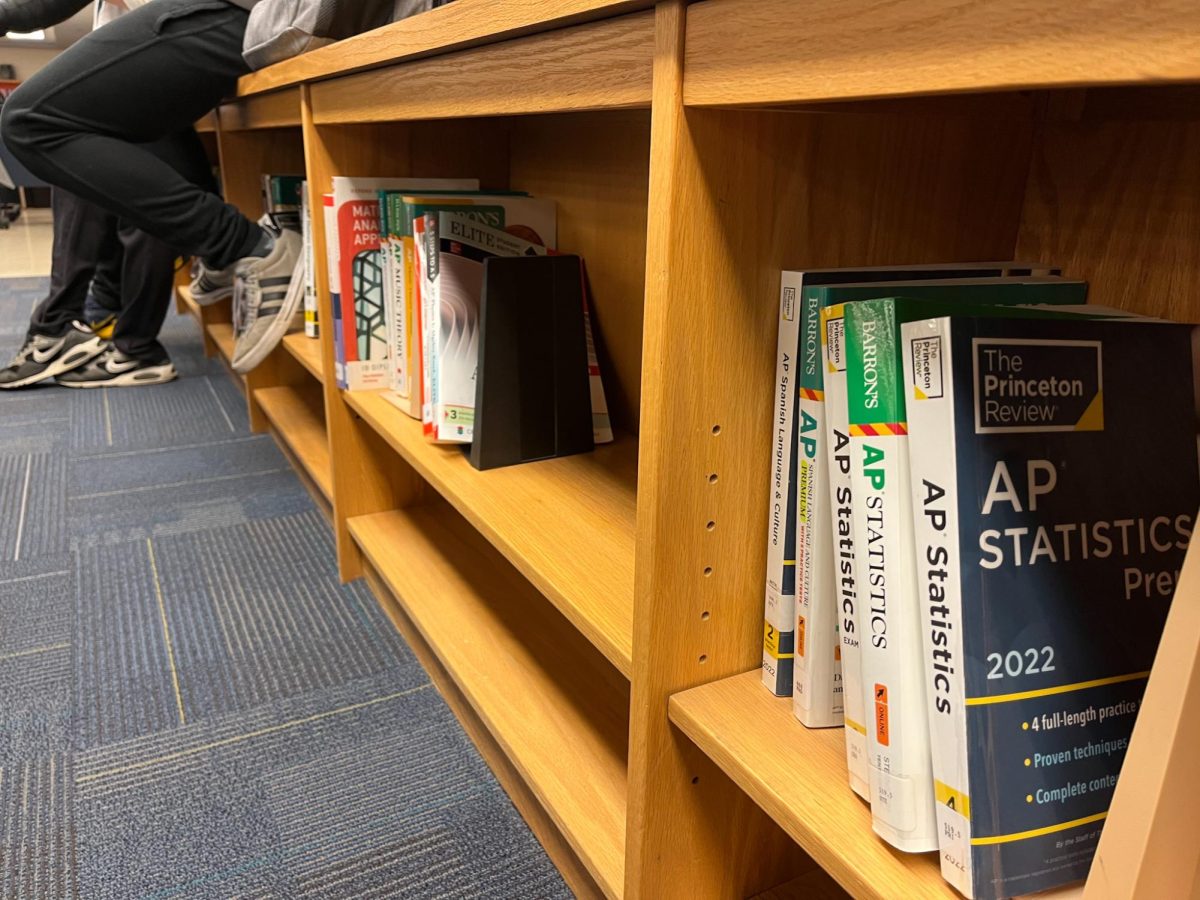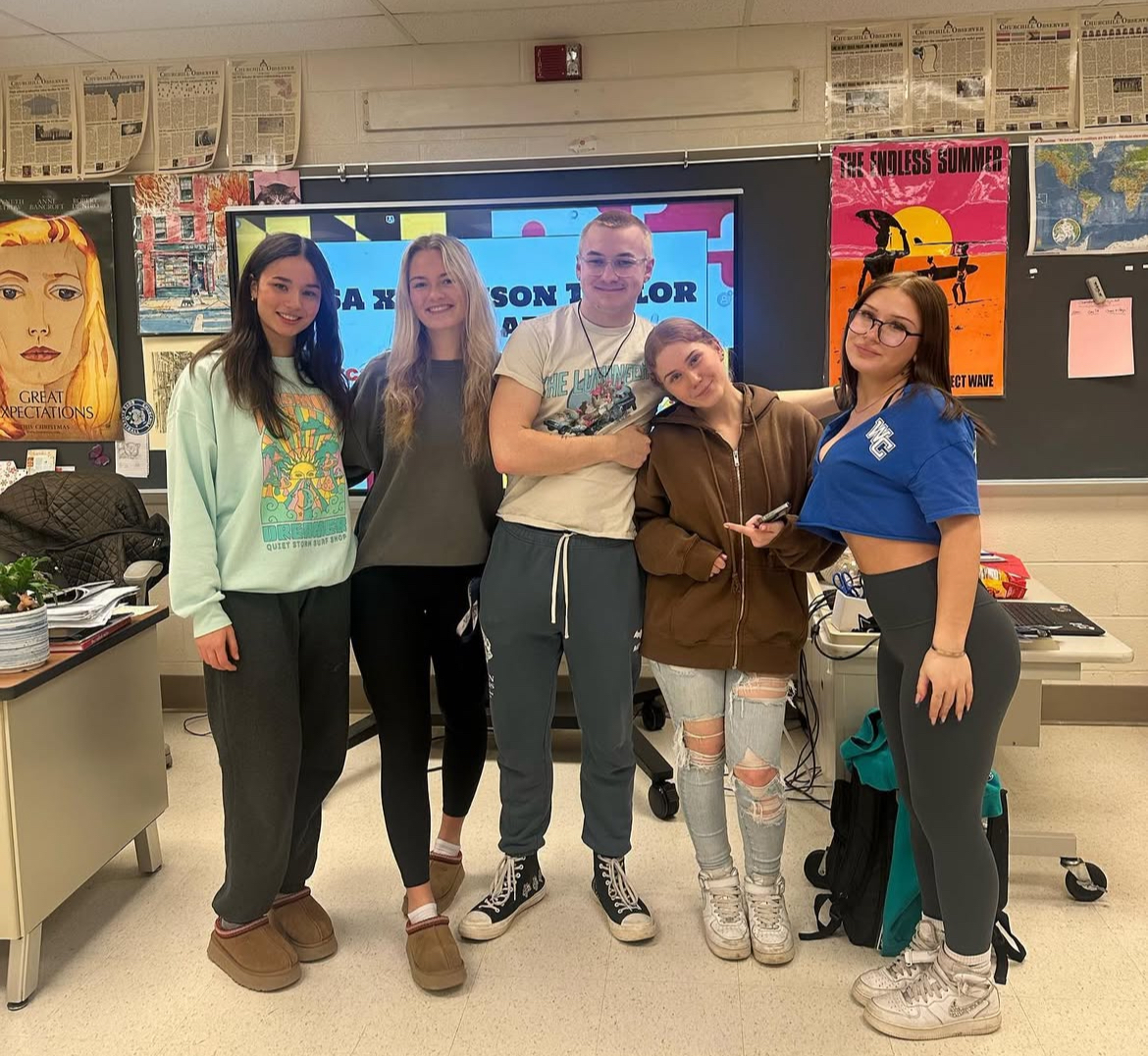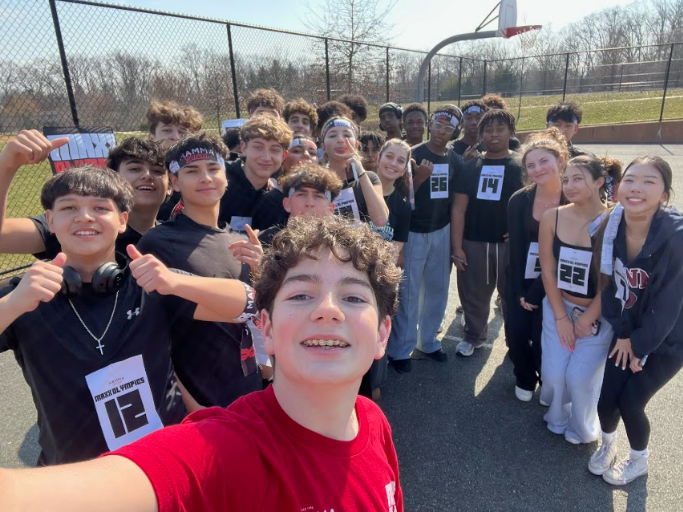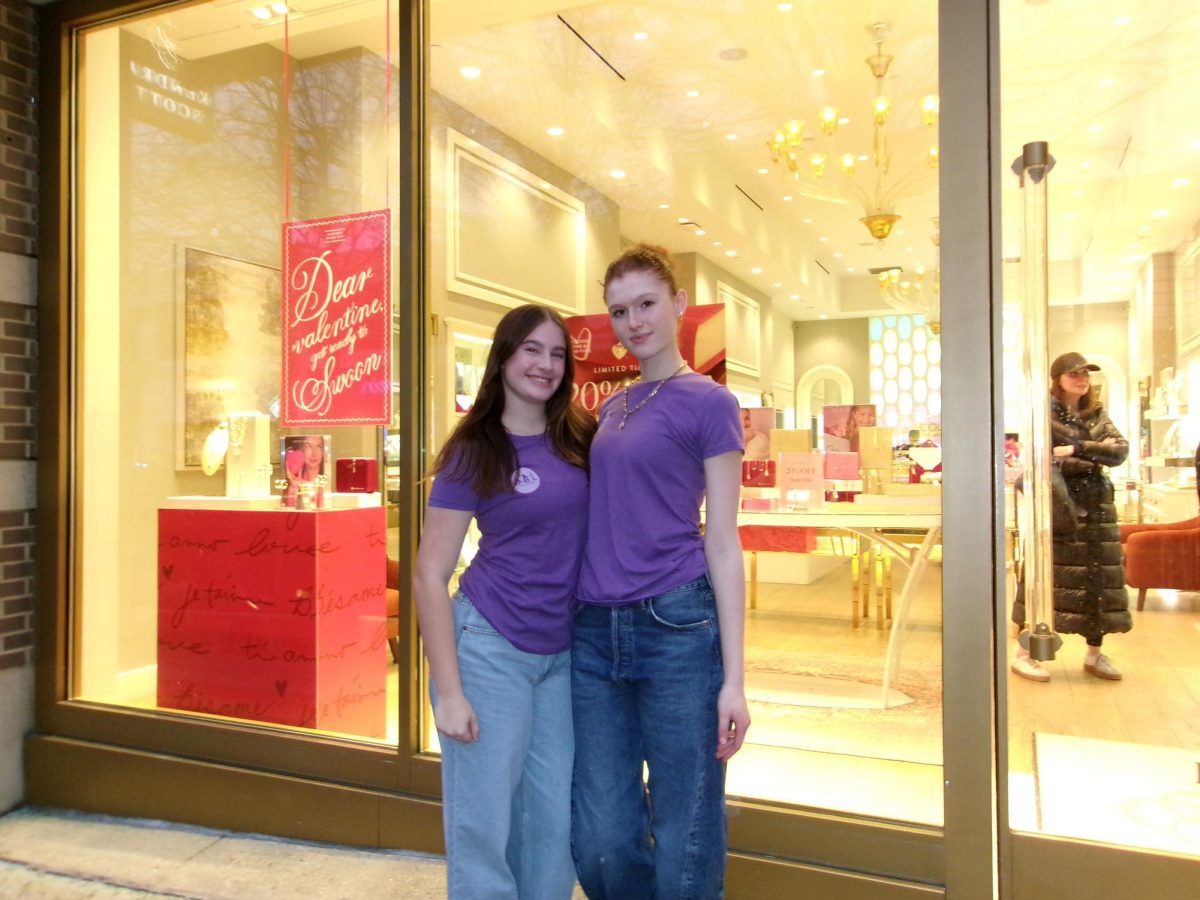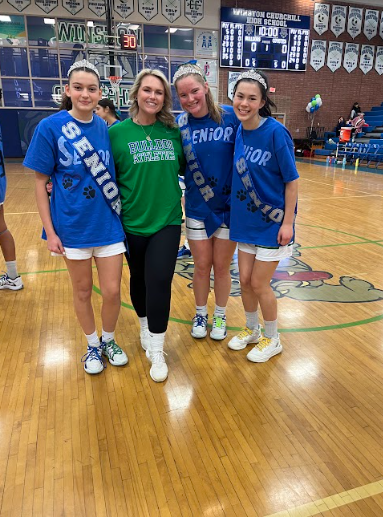A high school student’s typical train of thought is: What’s the Psych homework— Facebook—How I Met Your Mother is on tonight—I should check Facebook—Chipotle for dinner tonight—When was the last time I checked Facebook?
In today’s world, a Facebook account is pretty much essential for close communication and an active social life. Teens use Facebook to share pictures, posts and other information about their current lives in a forum for all to see. In his book Seductive Screens: Children’s Media—Past, Present, and Future, University of Maryland professor Michael Brody, investigates motives for using social media.
“The main thing about Facebook is how people represent themselves and why they post,” Brody said. “Social media users say things to enhance their image and to impress other friends, and because of this, friends are becoming very important while family is becoming less important.”
Facebook has also brought a whole new meaning to the word “Like.”
According to Facebook.com, by clicking on the “Like” button you are subsequently giving “positive feedback” and letting friends know you “enjoy” their post, “without leaving a comment.” But why is it that so many Facebook users seem addicted to the “like” button?
Classical Conditioning
Social media users crave “likes” on their photos in order to fulfill a need for social acceptance. According to psychologist Edward Spector of Bethesda, who specializes in helping children and adolescents through therapy, certain psychological principals such as classical conditioning, learning a response to a previously neutral stimulus, are behind this craving.
“Psychology has spent a lot of time studying how people respond to positive reinforcement,” Spector said. “The work of Pavlov—classical conditioning— as well as work on observational learning can be used to understand the dynamics behind people ‘liking’ things.”
University of Wisconsin-Madison psychology professor Catalina Toma supports Spector’s thought that classical conditioning is a big factor behind why teens “like” other teen’s Facebook activity.
“People like rewards, so they keep repeating the same behavior in hopes that the rewards will come in eventually,” Toma said. “Like a slot machine motivates you to spend even more—you check Facebook over and over again to see if your reward comes in.”
CHS junior Abby Means appreciates when her friends “like” her activity on Facebook.
“It makes me feel good when someone ‘likes’ my photo because it is like getting a compliment,” Means said.
Anxiety
According to research psychologist Larry Rosen, author of the book iDisorder: Understanding Our Obsession with Technology and Overcoming Its Hold on Us, missing out on even the most mundane events in friends’ lives causes Facebook users to be on edge.
Rosen conducted an experiment in which he seized Smartphones from a large group of college students for an hour and measured their anxiety levels every 20 minutes.
“Those who used their phones more often showed a dramatic increase in anxiety over an hour while those who don’t use their phones very often showed no increase,” Rosen said. “We can ascertain that it is anxiety about missing out on something important, anxiety about not being the first to comment or the first to ‘like.’”
The Celebrity Effect
Many kids dream of being celebrities when they grow up—famous and adored by all. Brody has a unique theory that the need for “likes” on Facebook activity can be linked to this idea of celebrities.
“Everyone wants to be a celebrity,” Brody said. “Everyone wants their 15 minutes of fame, and that is why they post things on Facebook—because that’s where they can get it.”
The Poll
Out of a poll of 20 CHS students with Facebook accounts, 65 percent of students noted that they are most likely online around 6:30 p.m., with the second most popular time frame being right after school.
According to sophomore Jennie Robinson, the prime time to upload a photo or change a profile picture to allow for the most possible “likes” is “on special occasions or when there is an event,” such as homecoming.
Although 85 percent of the students polled claimed that they “don’t care” about the number of “likes” their profile picture has, these thoughts are not likely plausible.
According to Brody, these could be the true feelings of the students polled, but it is not likely based on developmental principles. When a group is polled together, like in this survey, poll takers are very unlikely to select different answers from the rest of the group.
“If your preferences are different than someone else’s there is a conflict,” Brody said. “Everyone wants to be involved. Some want to be rebellious, but most want to be conventional and to go along with the crowd.”
Student Perspectives
Although most prefer to go along with the crowd, sophomore Jason Shefferman has avoided activating a Facebook account.
“People feel like you always have to ‘like’ or comment,” Shefferman said. “Emotions are a big part of Facebook, and as of right now I don’t want to be a part of it.”
A major appeal of Facebook to users is their ability to gain approval from others.
“A ‘like’ represents affirmation, someone paying attention to you, wanting attention—wanting approval,” Toma said. “We all want to be paid attention to, and that is why the ‘like’ button works so well.”



